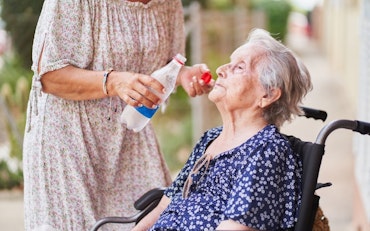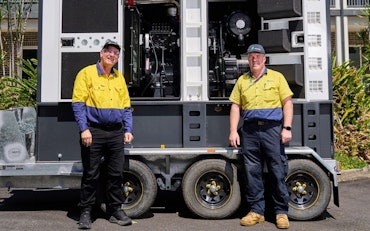Young people’s ageing stereotypes lead to later health problems for themselves
Younger adults who think of old people as helpless, feeble or forgetful are more likely to experience strokes, heart attacks and other health problems when they grow old themselves, researchers at Yale University report.
Their study, published in the United States journal, Psychological Science, is the first to show that negative stereotypes of older people – developed early in life – have health consequences years later.
Using a standardized test for stereotypes, the researchers measured the attitudes held by 386 men and women ages 18 to 49 who were participating in the Baltimore Longitudinal Study of Aging.
Their health records were assessed by researchers 38 years later, and even after controlling for a number of factors, from family medical history to income and education, 25% of those who agreed with the negative stereotypes of old age, had suffered a heart problem or stroke, compared with only 13% of those who had positive views of aging.
Age stereotypes, which tend to be adopted in childhood and young adulthood, “carry over into old age and seem to have far-reaching effects,” says lead study author Becca Levy, associate professor of psychology at the Yale School of Public Health in New Haven, Connecticut.
The big question is, why?
Researchers don’t know for sure, but associate professor Levy speculates that people who have negative attitudes about aging may give up on healthy behaviors, resigned to an old age plagued with mental and physical problems.
If the science shows that negative stereotypes play a role in health problems, “you might want to ask yourself if you have those views. The study might help sensitize us to the ways our unexamined beliefs might be influencing what we do or don’t do to keep healthy.
“It may be that by focusing on the positive aspects of aging we can help maintain our health,” she said.










